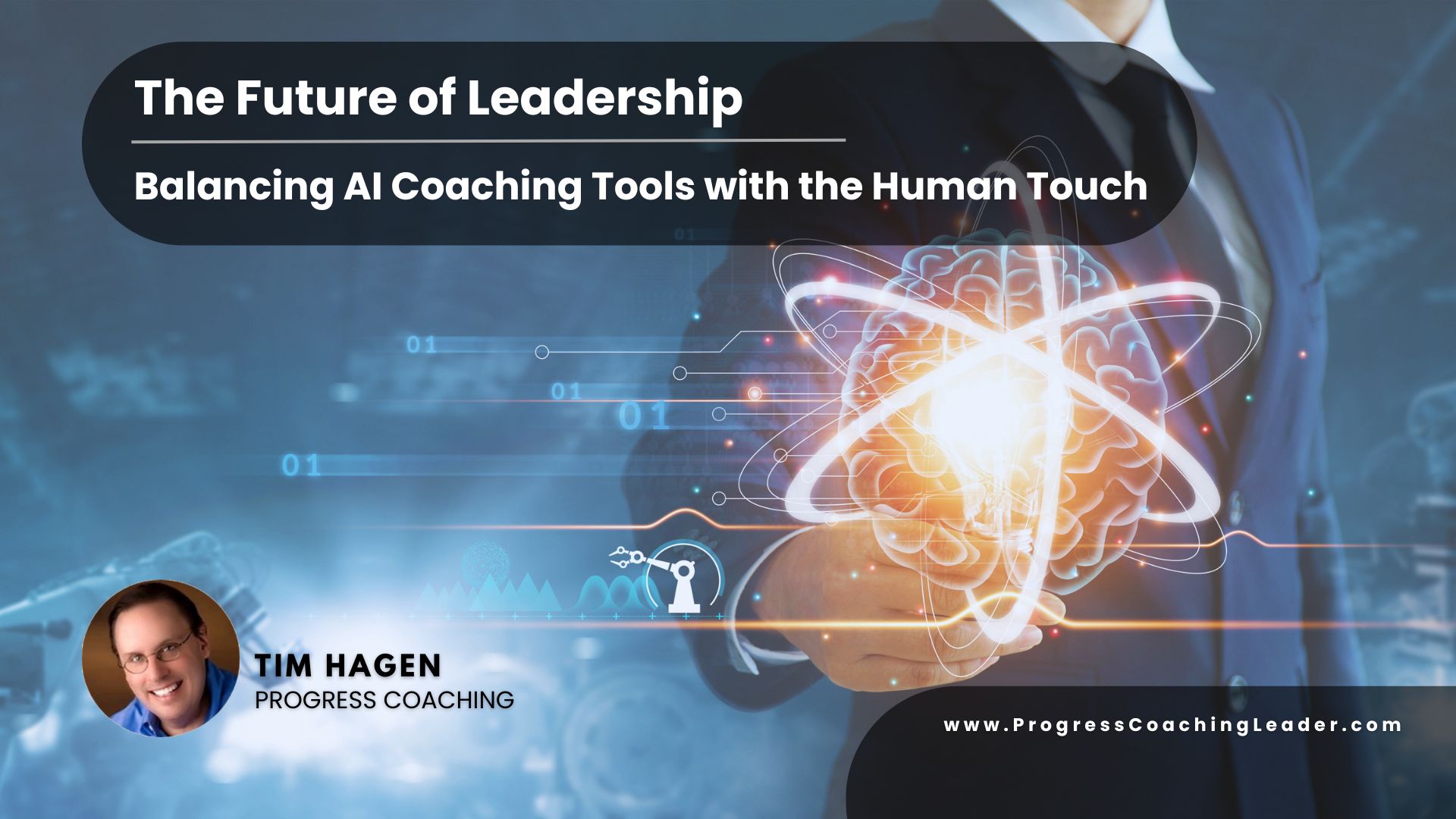
What if organizations had a specific program or approach to develop talent inside their organization based on what customers shared in terms of their overall experience? Wouldn’t this provide a distinct advantage for companies who did so in the marketplace?
I often think about an example we can all relate to such as going to a restaurant. We can actually have the greatest meal and the greatest drinks but if the server is rude or not professional it can literally make the food tastes worse. The key is how can organizations create the ultimate client experience from the start to the finish? How often have we been frustrated when we’ve had a great interaction only to have something as simple as the shipment get delayed and this erodes our overall impression or perception of the organization?
So what are some of the things that affect a client’s experience?:
- The ability of people to actively listen-this means where they actually paraphrase or state back to somebody what they understood there needs to be. When was the last time someone did this for you?
- Positive body language-facing the customer with open arms, eye contact, and a disposition that demonstrates a willingness to do whatever it takes to help the customer. How often do we really train or coach to this?
- Questions that really drive deep into the customer’s needs versus trying to steer them to a specific product or service the company wants to sell. This is such a simple concept of asking customers open-ended questions yet so often people will simply ask rhetorical questions such as is anything else I can do to help you that triggers an immediate no.
- In-depth product knowledge-where staff can answer virtually any question the matter their job type streamlining the interaction with the customer whereby managers don’t need to be involved or ask questions based on the customer’s needs. What if employees had to teach product knowledge? Wouldn't this position them to be more successful in front of the customer? To know something is to have the ability to teach it.
- Friendliness - what does this exactly mean? What if companies defined the concept of friendliness in terms of what they needed to demonstrate for the client experience so we had a thorough understanding of what this look like? When we have terms such as friendliness or a sense of urgency and if we do not define them employees will interpret them and make their own definitions often at the expense of the customer experience.
- Engagement - recently I was at a restaurant where the server was polite by saying excuse me but then simply walked away to answer a question from a fellow employee while I was ordering. She was incredibly nice and demonstrated great attentiveness when she was in the moment but was easily distracted which created a not so good experience when ordering.
So many things affect the client experience in terms of our abilities, our lack of ability to stay in the moment and engaged, nonverbal cues such as expressions or body language, etc. If we look at these attributes as tools to provide our organizations a competitive edge in the marketplace we would be in a better position as organizations?
Measure Your Client's Experience with you and Then Coach to What You Learn! Coming Soon…Get Your Client Pulse: click here




